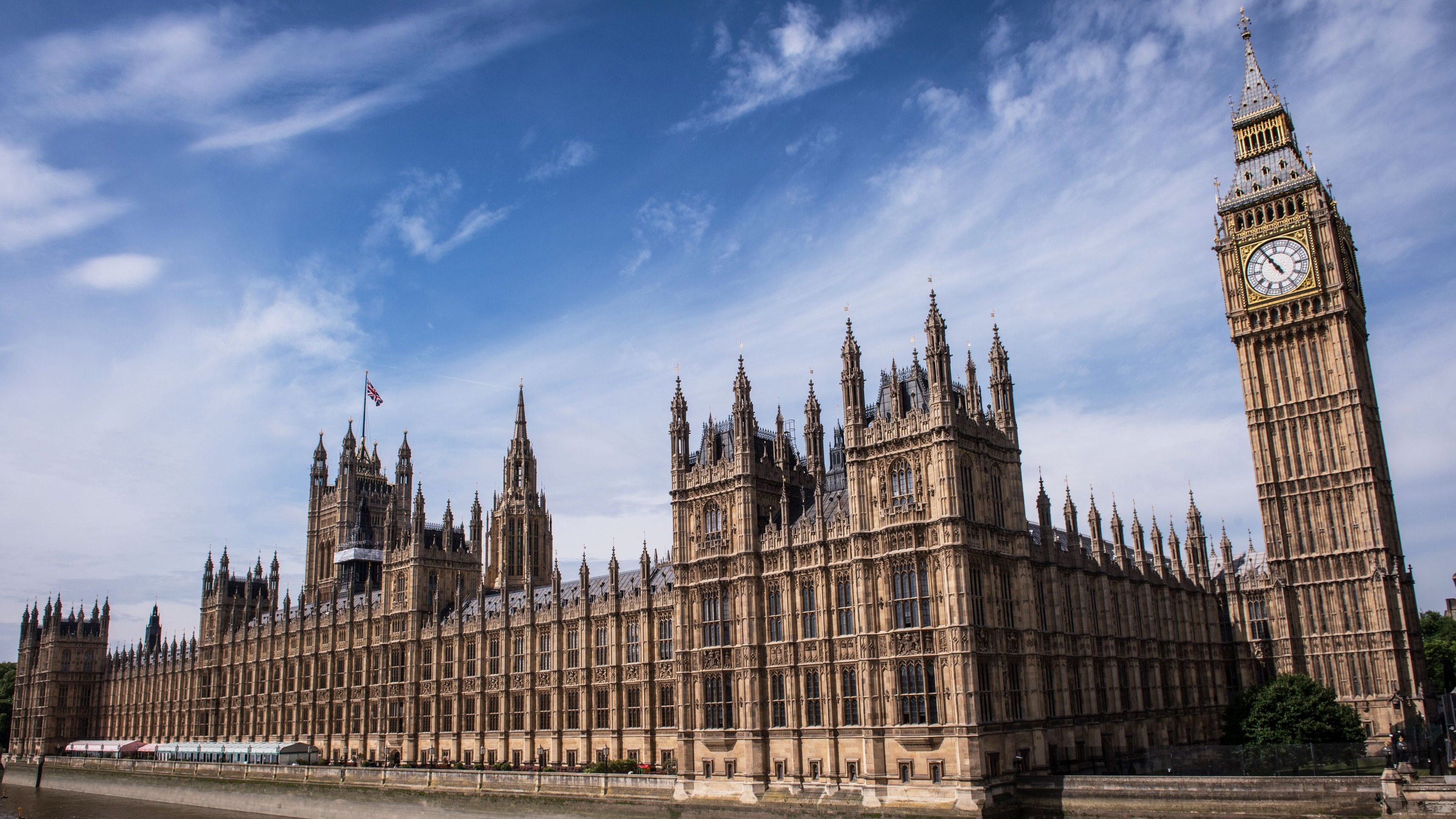In late December, British utility regulator Ofgem published its initial framework proposal for the 2013-2021 transmission price control, and we believe it incorporates some downside risk to our long-term earnings for National Grid (NG.). We are reaffirming our 640p fair value estimate and earnings outlook for now but will monitor Ofgem's final framework expected in March, National Grid's budget request in mid-2011, and Ofgem's final eight-year rate plan in 2012. New rates will go into effect April 1, 2013.
Our key concern in Ofgem's proposed framework is its proposed real, after-tax cost of equity range of 4.0%-7.2%. The low end of the range could represent a 40% cut in National Grid's current UK allowed returns on equity and as much as a 55% cut in its current earned returns on equity. The high end of the range is consistent with current allowed returns and our assumptions, but it would still represent a 20% cut from current earned returns on equity at the firm's UK businesses.
We believe Ofgem will allow returns on equity near the top end of its range, consistent with our long-term earnings outlook. Ofgem cites as reference to support its cost of equity range the recent Bristol Water rate review. Regulators in that case ultimately awarded a 6.6% real cost of equity, at the top of its proposed range. Furthermore, we believe only allowed returns at the high end of the range will motivate National Grid to invest the £30 billion Ofgem says is needed during the next 10 years. We expect any allowed real return on equity below 6% would lead National Grid to cut its five-year £14 billion UK investment plan significantly. All else equal, we estimate a cost of equity at the low end of Ofgem's range would cut about 65 pence per share (10%) off our fiscal 2014 earnings estimate and cut our fair value estimate by a similar amount.
Ofgem also outlined its proposal to increase the depreciable lives of transmission assets to 45-55 years for ratemaking purposes, up from the current 20 years. This could have as much as a £210 million (60 pence per share) immediate impact on our 2014 earnings and cash flow. However, we don't expect it to have a significant impact on our fair value estimate because the longer depreciable life should result in faster future earnings growth that makes up for the initial cash-flow deficit. We think that regulators will find a fair balance between current and future allowed depreciation rates and that National Grid has sufficient cash available to fund its investment programme and the dividend in the initial years of the change.

























